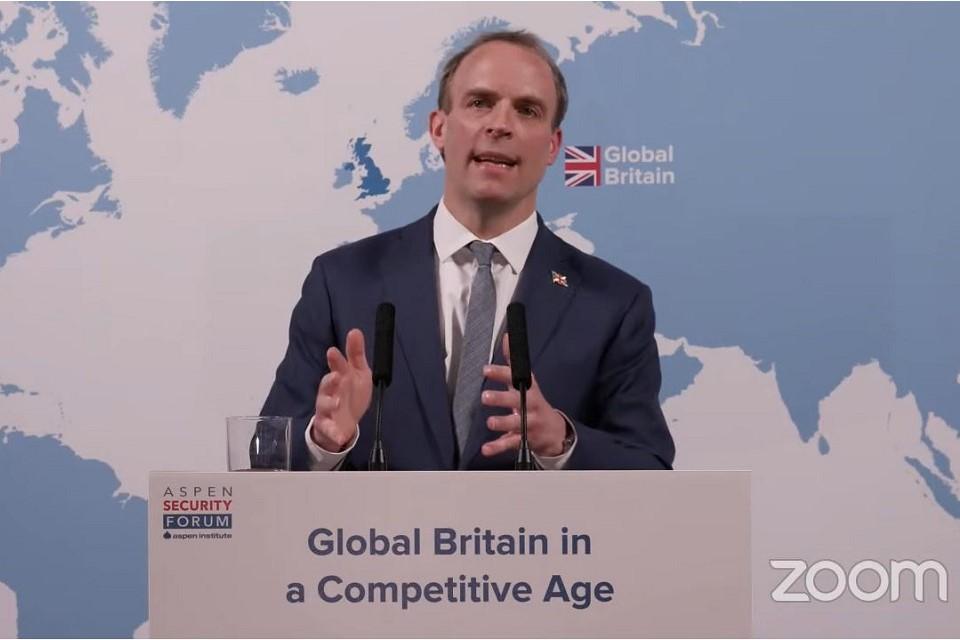Britain’s Foreign Office on Thursday summoned the Russian ambassador over Russia’s cyberattacks against the West and its military build-up near its border with Ukraine.
UK Foreign Secretary Dominic Raab said: “We see what Russia is doing to undermine our democracies. The UK and U.S. are calling out Russia’s malicious behaviour, to enable our international partners and businesses at home to better defend and prepare themselves against this kind of action.





